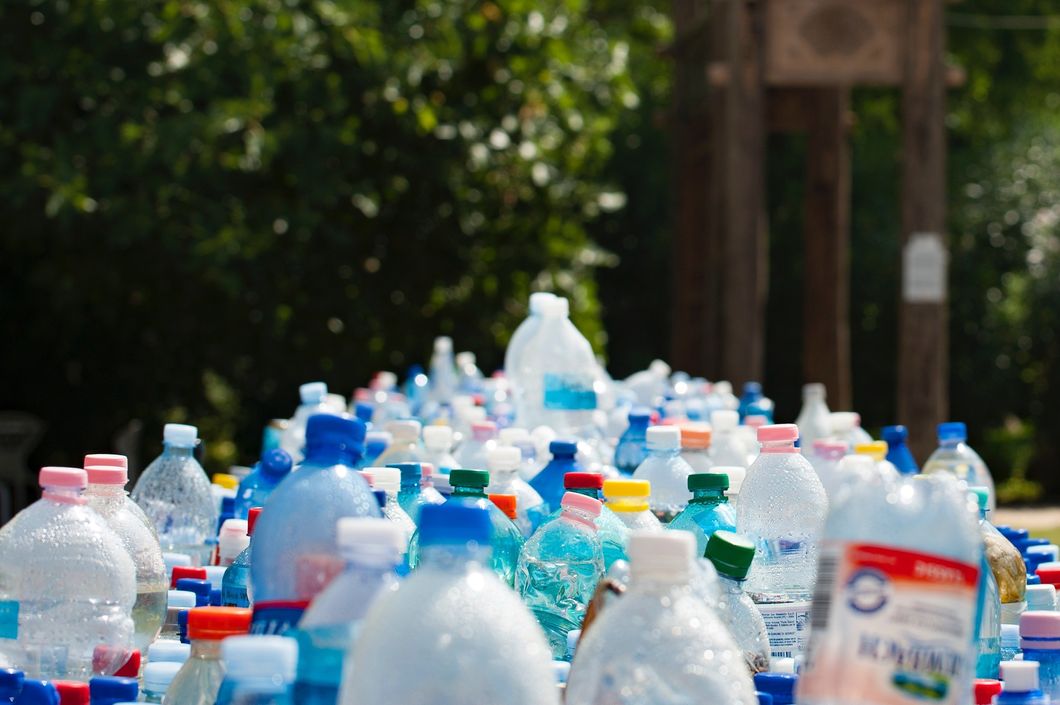Plastic bottles can be extremely convenient for many of us who are always on the go. We may thus inaccurately conclude that these beverages are "cheap" because they only cost a dollar or two. Taking into account all the possible health problems that can arise from these bottles and meticulously count how much we could be saving if we did not purchase them daily, however, buying one reusable water bottle may actually be a lot cheaper – and healthier.
A recent study in 2018 tested contamination of bottled water with plastic in "eleven globally sourced brands of bottled water, purchased in 19 locations in nine different countries," including Dasani and Aquafina from the United States. The study found that "of the 259 total bottles processed, 93% showed some sign of microplastic contamination," and detected "roughly twice as many plastic particles (>100µm) within bottled water as compared to tap water on average." Because the specific plastic particles they found were most prominently fragments instead of microplastics, the authors concluded that "at least some of the plastic contamination may be coming from the industrial process of bottling the water itself." Furthermore, the authors suggested that "the fragments could also be breaking off the cap, even entering the water through the simple act of opening the bottle," as most frequently detected polymer in the water was polypropylene.
In addition, previous research has indicated the presence of endocrine disrupting chemicals (EDCs) in bottled water. Specifically, a 2013 study assessed the activities of anti-estrogens and anti-androgens in 18 bottled water products. They not only detected "significant antiestrogenicity in 13 of 18 products" but also found "16 samples were antiandrogenic inhibiting the androgen receptor by up to 90%."
This is significant because these hormones – estrogens and androgens – are critical in preserving our endocrine system, which includes the pituitary gland, thyroid gland, adrenal gland, in addition to ovaries and testes. In the first Scientific Statement of The Endocrine Society, it claims, "we present the evidence that endocrine disruptors have effects on male and female reproduction, breast development and cancer, prostate cancer, neuroendocrinology, thyroid, metabolism and obesity, and cardiovascular endocrinology."
Perhaps then it is our duty to avoid EDCs and abandon bottled water altogether.
















